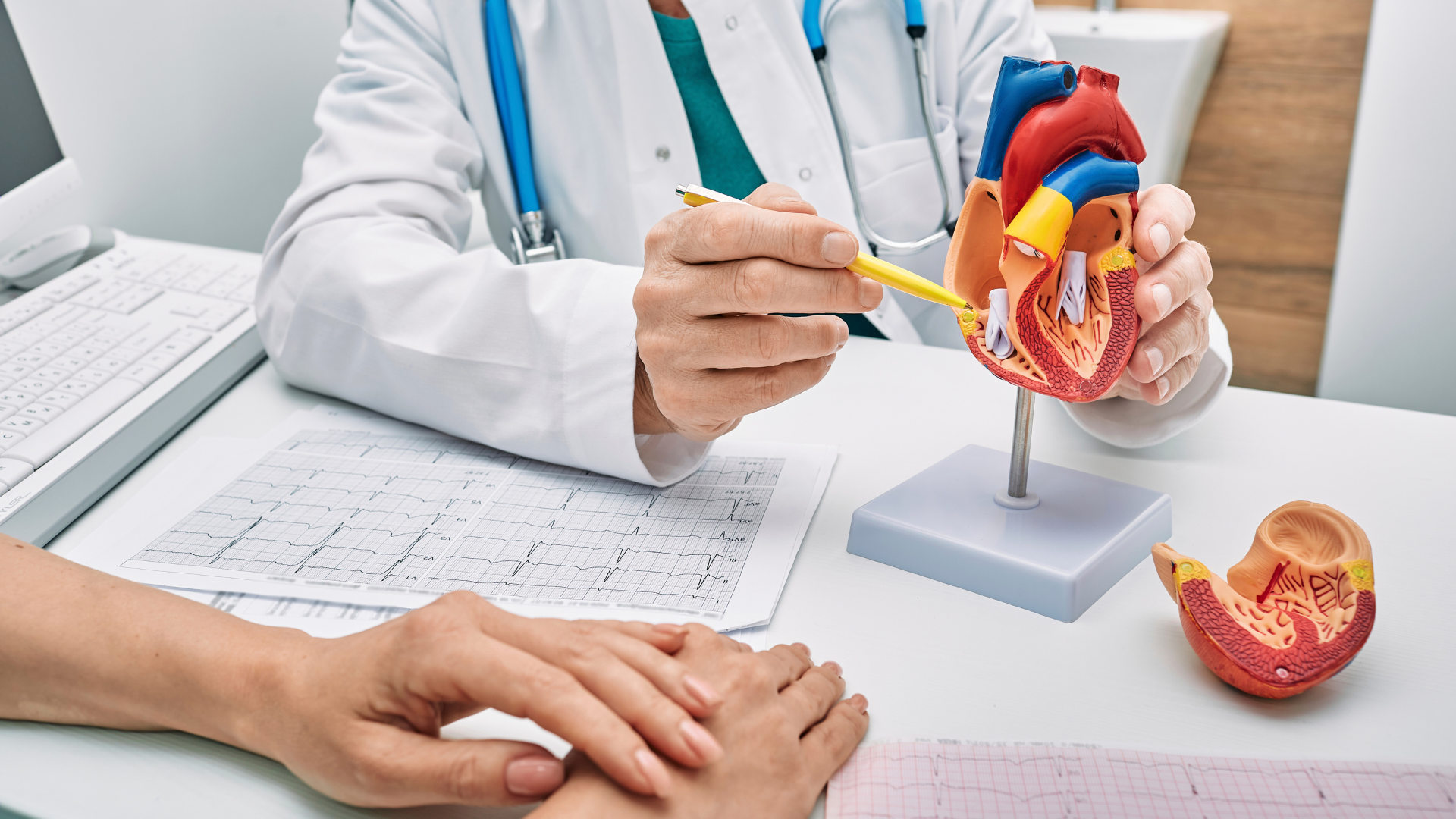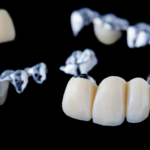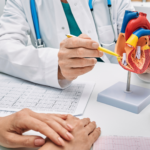
When to Seek Cardiology Care: Signs You Need a Specialist
Listening to your heart isn’t just about emotions; it’s about tuning into what your body tells you. Some heart whispers might be harmless, while others shout, “Hey! I need a bit of expert love here!” Enter cardiology – the superhero realm of medicine that’s all about mending and understanding our heartbeats. So, when should you knock on a cardiologist’s door? In this post, we’ll dive into the telltale signs that whisper (or shout) it’s time for a heart-to-heart with a specialist.
Listening to Your Heart
Your heart is a remarkable organ that works tirelessly to keep you alive. Understanding when it needs help is vital. Let’s dive into the signs that should prompt you to seek cardiology care in New Jersey:
1. Chest Pain
Description: A sharp, squeezing, or heavy pain in the chest that may radiate to the left arm, neck, or jaw.
What it could indicate: Chest pain can be a symptom of various heart conditions, including angina (temporary reduced blood flow to the heart), heart attack, or pericarditis (inflammation of the lining around the heart).
When to seek care: If you experience severe or persistent chest pain, especially accompanied by shortness of breath, dizziness, or nausea, seek immediate medical attention.
2. Shortness of Breath
Description: Difficulty breathing, especially during physical activity or while lying flat.
What it could indicate: Shortness of breath may be a sign of heart failure, coronary artery disease, or other cardiac issues.
When to seek care: If you have sudden or severe shortness of breath, or if it’s accompanied by chest pain, it’s essential to consult a cardiologist.
3. Irregular Heartbeat (Arrhythmia)
Description: Sensation of a fluttering, racing, or irregular heartbeat.
What it could indicate: Arrhythmias can range from harmless to life-threatening. They may result from conditions like atrial fibrillation, ventricular tachycardia, or bradycardia.
When to seek care: If you frequently experience an irregular heartbeat, especially if it’s accompanied by dizziness, fainting, or chest discomfort, consult a cardiologist.
4. High Blood Pressure
Description: Consistently elevated blood pressure readings.
What it could indicate: High blood pressure (hypertension) can strain the heart and increase the risk of heart disease.
When to seek care: Regular check-ups with your primary care physician are essential for managing blood pressure. If it remains consistently high despite lifestyle changes and medication, you may need to see a cardiologist for further evaluation.
5. Swelling in the Legs, Ankles, or Abdomen
Description: Unexplained swelling in the lower extremities or abdominal area.
What it could indicate: Swelling can be a sign of heart failure, where the heart is unable to pump blood effectively.
When to seek care: If you notice persistent or worsening swelling, especially if it’s accompanied by fatigue and shortness of breath, consult a cardiologist.
6. Fatigue
Description: Persistent tiredness or weakness, even after adequate rest.
What it could indicate: Fatigue can be a symptom of various heart conditions, such as heart failure or coronary artery disease.
When to seek care: If you experience unexplained and severe fatigue that affects your daily life, consider consulting a cardiologist.
7. Family History of Heart Disease
Description: Knowledge that close relatives, such as parents or siblings, have a history of heart disease.
What it could indicate: A family history of heart disease can increase your risk of developing cardiac issues.
When to seek care: If you have a family history of heart disease, consider discussing your risk factors and potential preventative measures with a cardiologist.
8. High Cholesterol Levels
Description: Elevated levels of LDL (low-density lipoprotein) cholesterol, often referred to as “bad” cholesterol.
What it could indicate: High cholesterol levels can contribute to the buildup of plaque in your arteries, increasing the risk of coronary artery disease.
When to seek care: If your cholesterol levels remain high despite dietary changes and medication prescribed by your primary care physician, consulting a cardiologist may be necessary.
9. Smoking and Tobacco Use
Description: Regular use of tobacco products, including smoking and smokeless tobacco.
What it could indicate: Smoking is a significant risk factor for heart disease, as it can damage blood vessels and increase the risk of atherosclerosis.
When to seek care: If you smoke or use tobacco and are concerned about its impact on your heart health, a cardiologist can provide guidance on quitting and monitoring your cardiovascular health.
10. Diabetes
Description: A chronic condition characterized by high blood sugar levels.
What it could indicate: Diabetes increases the risk of heart disease, as it can damage blood vessels and nerves that control the heart.
When to seek care: If you have diabetes, regular check-ups with a cardiologist can help manage your heart health alongside your diabetes care.
In Conclusion
So, listen to your heart, and take the necessary steps to keep it beating strong.




